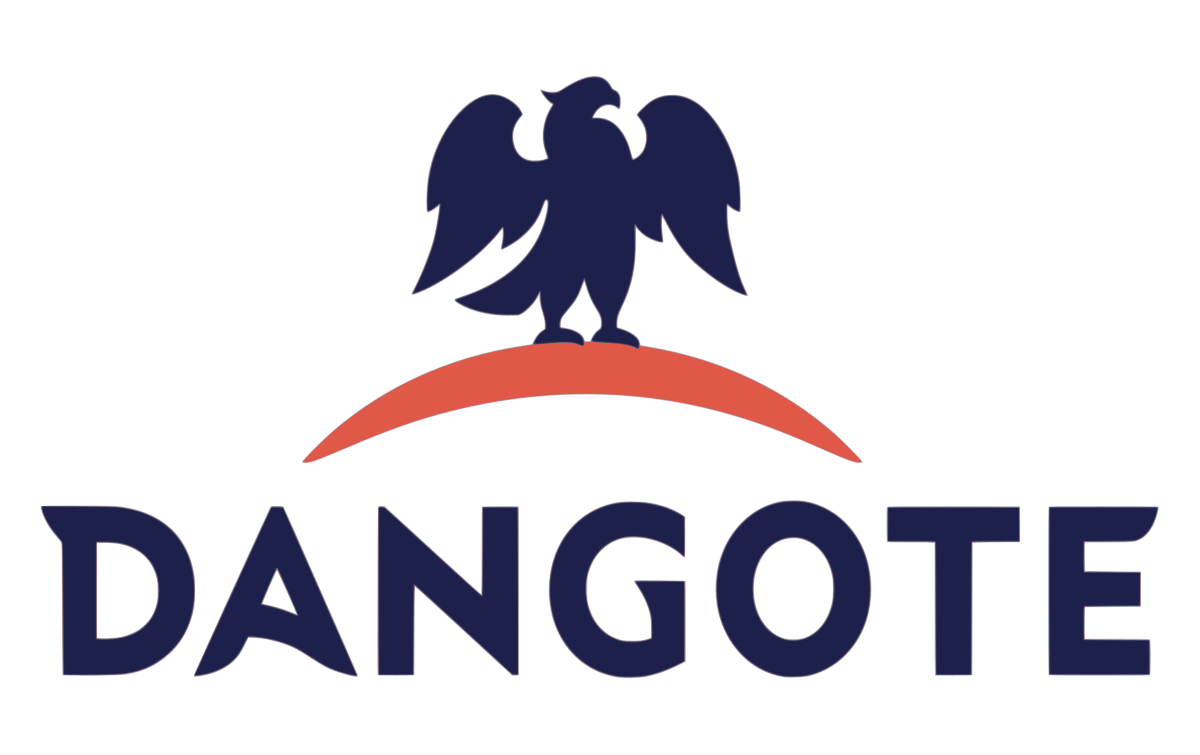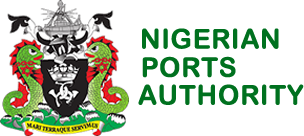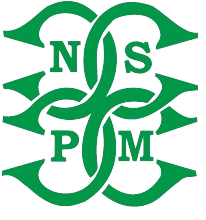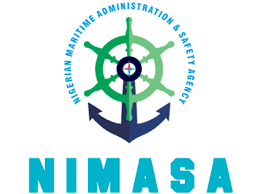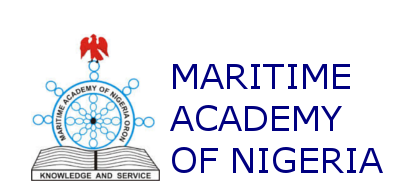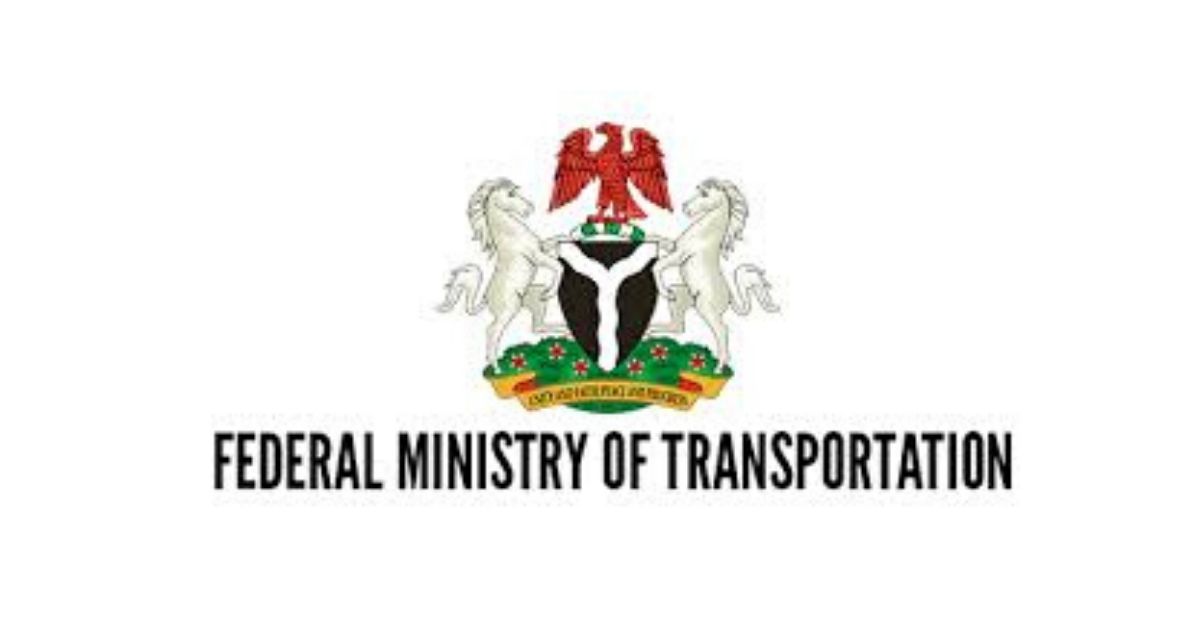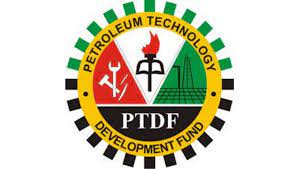Blue Economy
November 18, 2023 2023-11-29 15:40Blue Economy

Who is it for?
Ideal for:
- Maritime and Legal Professionals
- Fisheries Managers and Aquaculture Professionals
- Environmentalists and Conservationists
- Maritime and Legal Professionals
- Entrepreneurs and Business Owners
- Policy Makers and Government Officials
What will I get out of it?
- Acquire specialized knowledge about marine ecosystems, biodiversity, aquaculture, maritime policies, and sustainable practices within the Blue Economy.
- Training emphasizes sustainable fishing, aquaculture, tourism, and maritime business practices, ensuring environmental conservation and responsible resource utilization.
- Gain insights into national and international policies, regulations, and legal frameworks governing marine and aquatic activities.
- Learn to identify business opportunities within the Blue Economy, developing skills in business planning, market analysis, and financial management.
- Gain strategies for marine conservation, habitat restoration, and community engagement for sustainable coastal and marine environments.
- Have the chance to network with professionals, policymakers, and experts in the field, fostering collaborations and partnerships.
Course Outline
- Introduction to Blue Economy:
- Definition and Components of the Blue Economy
- Importance of Marine Resources and Ecosystems
- Skills for a successful Blue Economy
- Maritime Supply Chain Management
- Shipping management, Leadership & Strategy
- Challenges and Opportunities in Blue Economy Development
- Marine Science and Ecology:
- Oceanography and Marine Geology
- Marine Biodiversity and Conservation
- Climate Change Impacts on Marine Environments
- Sustainable Fisheries and Aquaculture:
- Fisheries Management and Regulations
- Responsible Aquaculture Practices
- Seafood Certification and Traceability
- Maritime Business and Trade:
- Maritime Business Development and Opportunities
- Port Management and Operations
- Maritime Security and Anti-Piracy Measures
- Marine Tourism and Eco-Tourism:
- Marine Tourism and Diving Industry
- Eco-friendly Tourism Practices
- Community-Based Tourism and Cultural Heritage
- Marine Conservation and Environmental Sustainability:
- Marine Protected Areas and Conservation Strategies
- Eco-friendly Technologies and Renewable Energy in Coastal Areas
- Waste Management and Pollution Control in Coastal Environments
